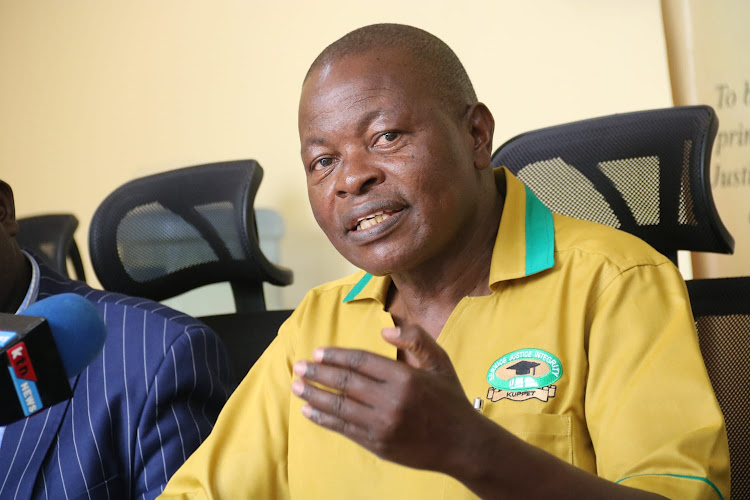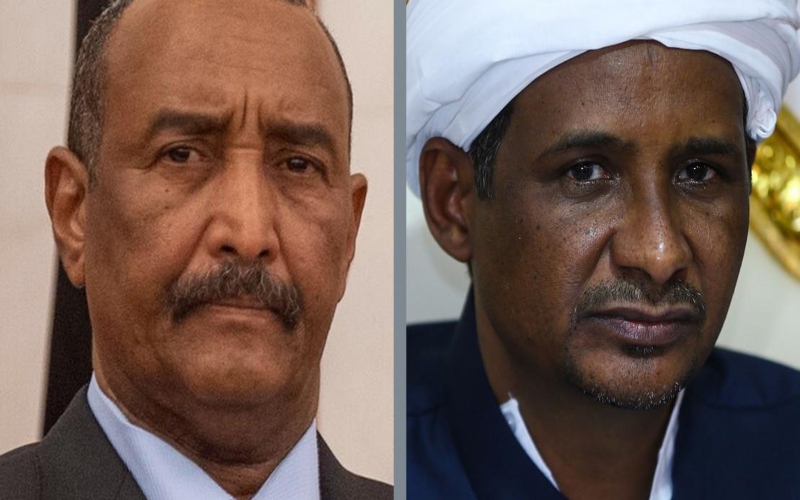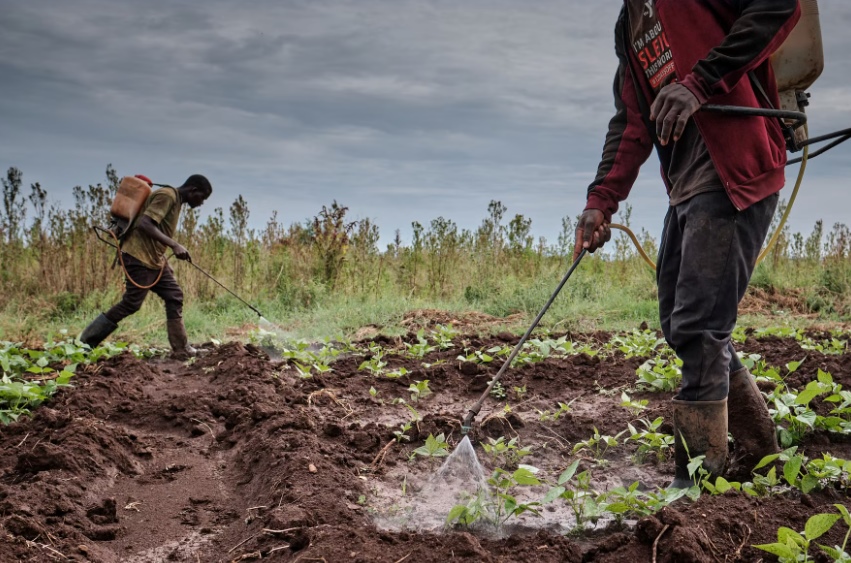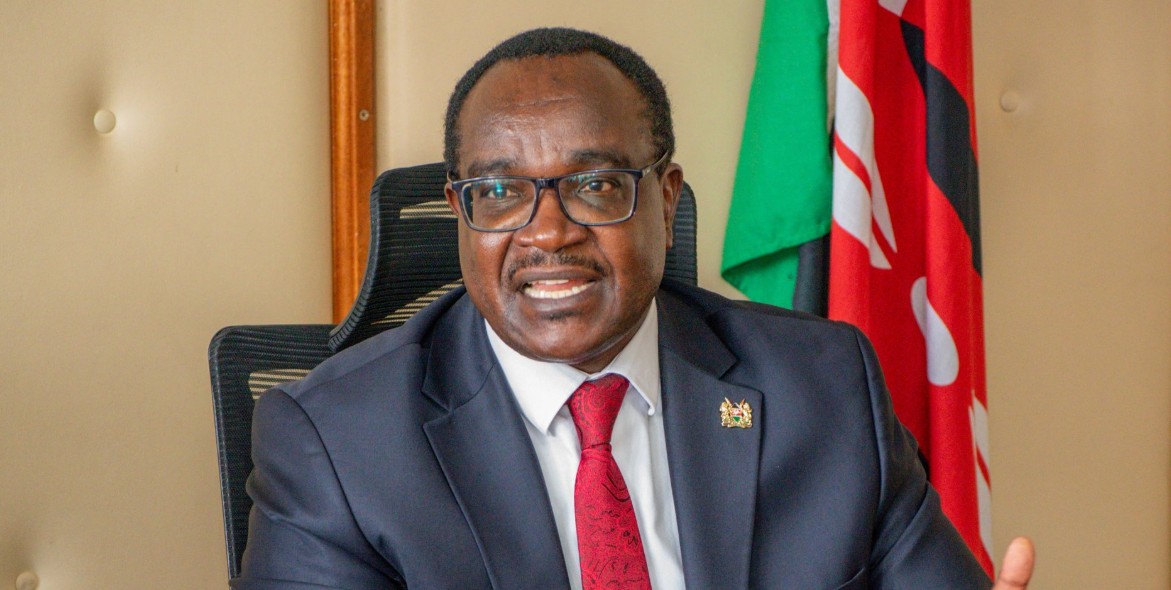Transport stakeholders call for stronger emergency response systems for road accident victims
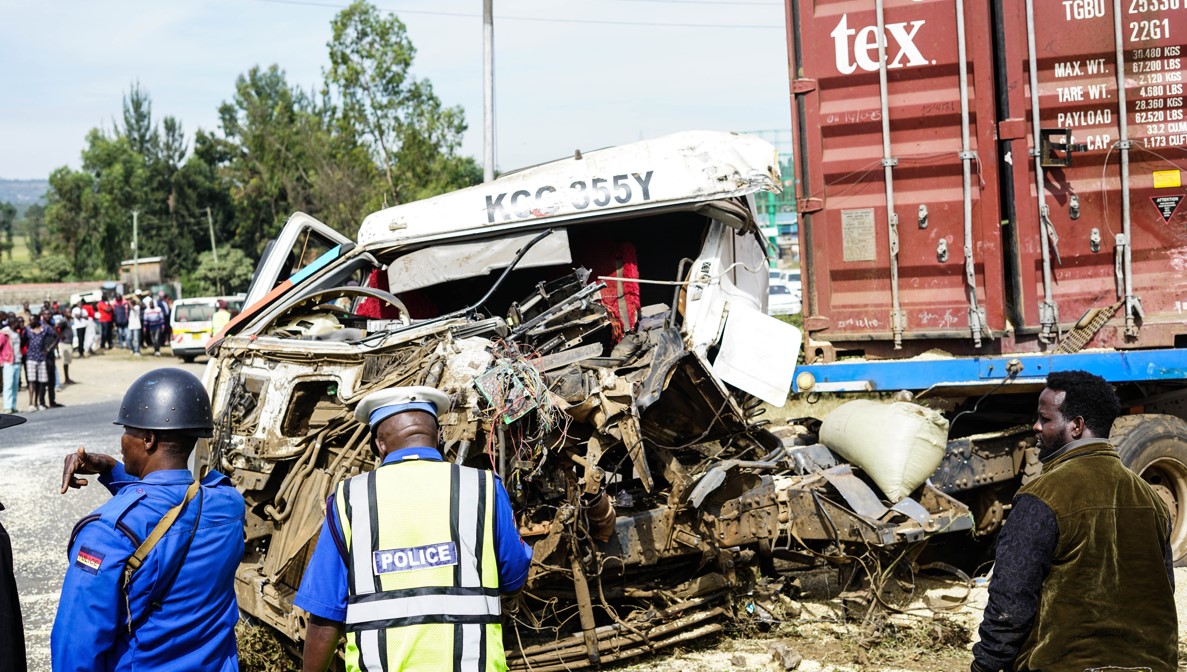
Bureti MP Kibet Komingoi emphasised the need for a multi-faceted approach to address rising road fatalities. He proposed that special attention should be given to high-risk sectors such as boda boda operations, alongside increased budgetary support for safety programmes.
Transport stakeholders have raised concerns over the absence of clear post-crash response guidelines, amid fears that many victims are usually left at the mercy of delayed or non-existent emergency services.
In a meeting with the Departmental Committee on Transport and Infrastructure, the stakeholders highlighted gaps in legislation, infrastructure and coordination that hinder timely assistance for road accident victims.
More To Read
- Over 40 people dead after multi-vehicle crash on Kampala–Gulu highway in Uganda
- One in four global road deaths occur in Africa, report reveals
- Did you know?
- Kisumu Senator calls for urgent redesign of Coptic roundabout after tragic accident that left 26 dead
- Seven killed in lorry-matatu collision at Korompoi on Isinya-Namanga highway
- Ruto calls for action after Kisumu-Kakamega highway crash kills 25
A Kenya Red Cross Official, Dr Ahmed Idris, stressed the need for enhanced ambulance capacity and medical equipment.
“Ambulances must be equipped with essential medical gear such as basic life support systems, defibrillators, oxygen and trauma kits to provide timely and effective treatment at the scene and during transport,” he said.
Bureti MP Kibet Komingoi emphasised the need for a multi-faceted approach to address rising road fatalities. He proposed that special attention should be given to high-risk sectors such as boda boda operations, alongside increased budgetary support for safety programmes.
“We must combine stronger legislation, improved enforcement, better data collection and robust emergency response systems,” he said.
However, Director of the Parliamentary Research Service Bonnie Mathooko emphasised that legislation alone is insufficient.
“Laws must be supported by compliance and enforcement. Institutional accountability, combined with education and incentives, is key to achieving real progress in road safety,” he said.
Committee Chair and North Imenti MP Dawood Rahim reiterated Parliament’s commitment to implementing the National Road Safety Action Plan (2024–2028). Dawood recalled that during the Action Plan’s launch, President William Ruto had emphasised that road safety is a “shared responsibility requiring an all-of-society approach.”
He added that achieving the plan’s target of reducing road fatalities by 50 per cent by 2030 will require close collaboration between government agencies, the private sector, civil society, law enforcement and the public.
“Parliament has a crucial role to play through its legislative and oversight functions, approving adequate funding, enacting road safety laws, and ensuring enforcement mechanisms are effective,” he said.
“The Transport and Infrastructure Committee remains receptive to ideas and welcomes continued engagement with all partners to promote safer mobility across the country.”
The Committee also highlighted ongoing legislative initiatives to enhance road safety.
Samburu West MP Naisula Lesuuda has sponsored a Bill requiring road agencies and county governments to design and construct designated tracks for non-motorised transport, including pedestrian walkways and cycling lanes, on both new and existing roads.
Additionally, Limuru MP John Kiragu Chege has proposed an amendment to the National Transport and Safety Authority (NTSA) Act to establish a unified framework for transport safety regulation, accident investigation and prevention measures.
The forum, held under the theme “Strengthening Partnerships and Legislation for Safer Mobility in Kenya,” brought together representatives from the National Government, civil society, the media, and development partners. It focused on strengthening Kenya’s road safety framework, reducing accidents and mitigating the socio-economic impact of road crashes.
The dialogue highlighted the urgent need for coordinated post-crash response systems, stronger legislation and enhanced infrastructure to ensure that road accident victims receive timely and effective assistance.
Top Stories Today


